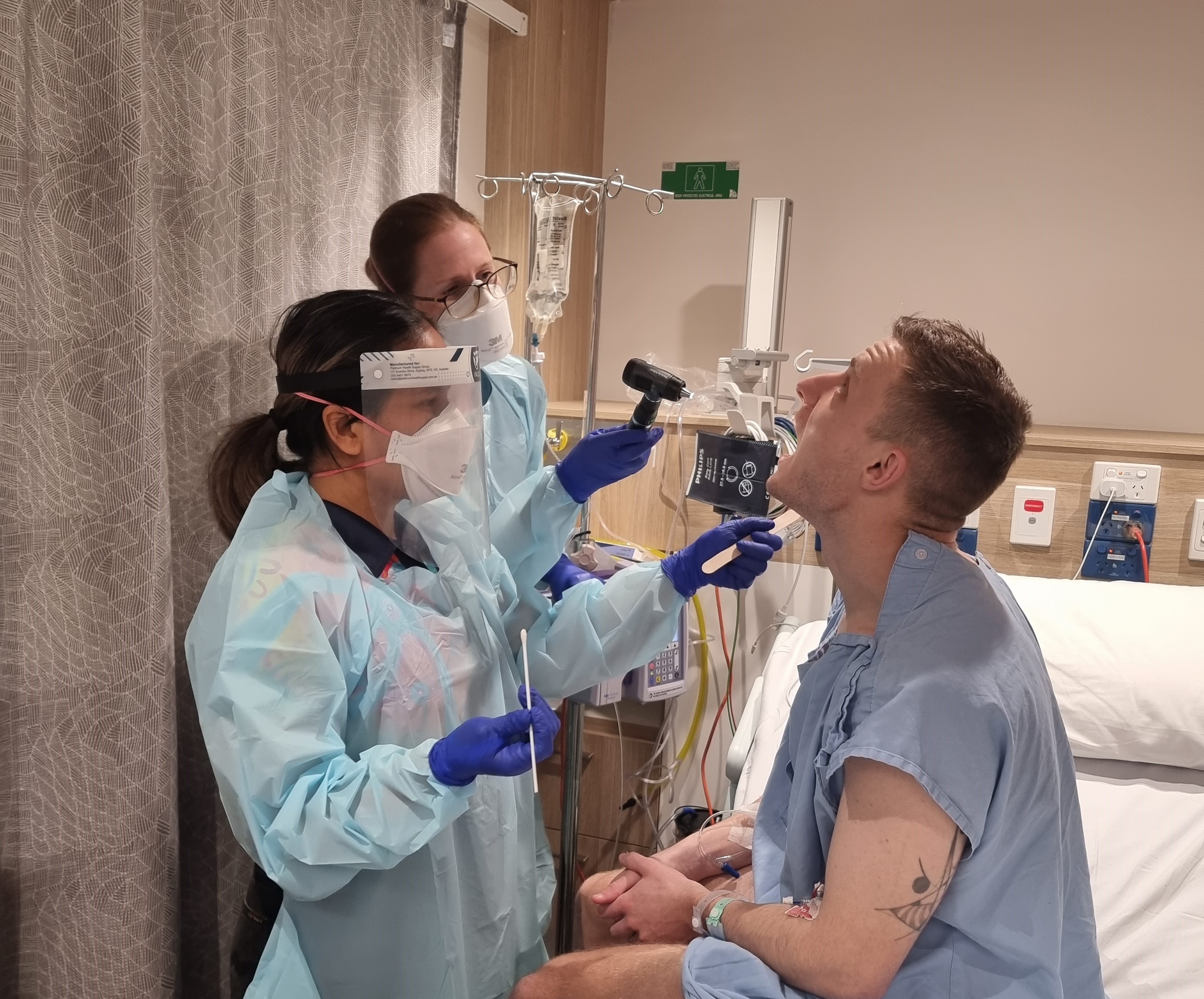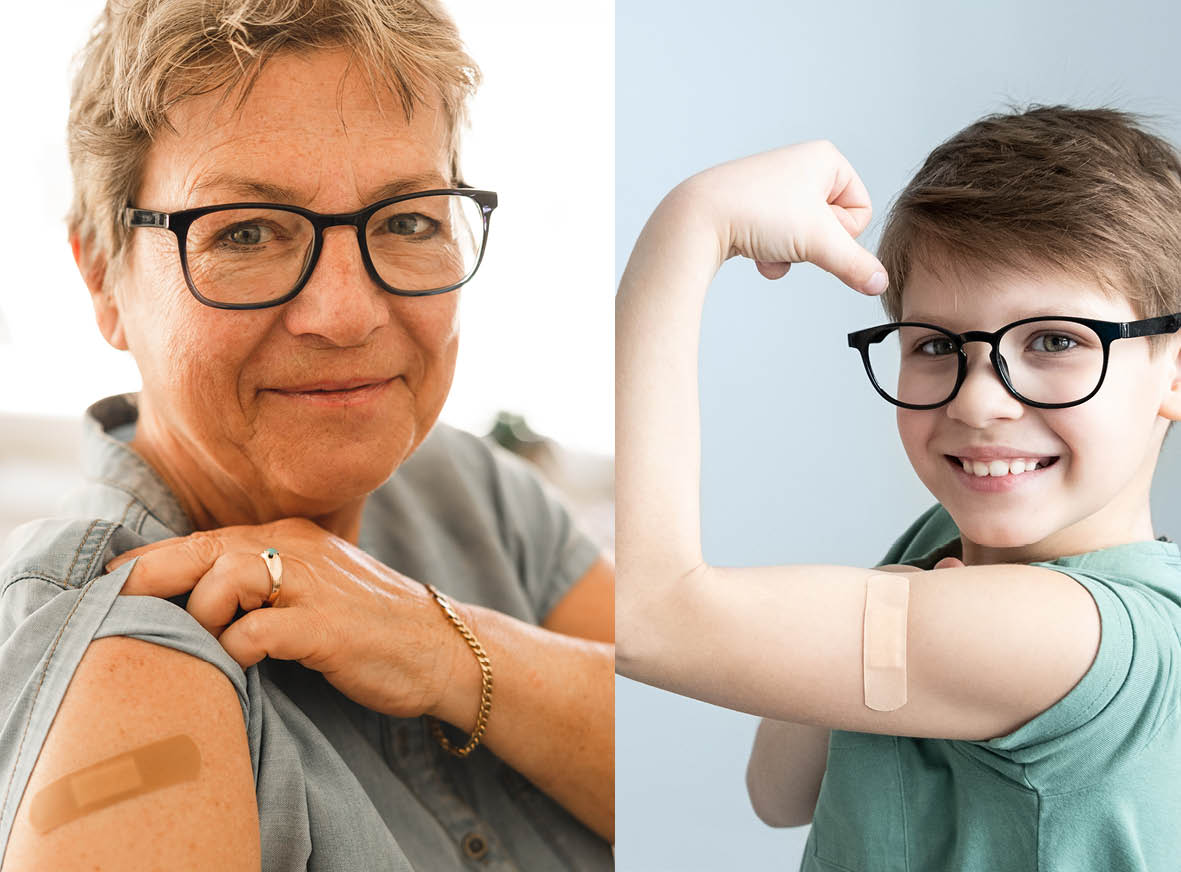Search
Showing results for "Au"
Research
IgE and IgG binding patterns and T-cell recognition of fel d 1 and Non-Fel d 1 cat allergensTo compare IgE and IgG antibody binding and T-cell recognition of the major cat allergen Fel d 1 with other cat proteins with known IgE binding properties.
Research
Species-Specific and Cross-Reactive IgG1 Antibody Binding to Viral Capsid Protein 1 (VP1) Antigens of Human Rhinovirus Species A, B and CHuman rhinoviruses (HRV) are associated with upper and lower respiratory illnesses, including severe infections causing hospitalization in both children...
Research
Vitamin D deficiency causes deficits in lung function and alters lung structureThe prevalence of vitamin D deficiency is increasing and has been linked to obstructive lung diseases including asthma and chronic obstructive pulmonary disease
Research
Immune-modifying properties of topical vitamin D: Focus on dendritic cells and T cellsTopical creams containing the active form of vitamin D (1,25-dihydroxyvitamin D3; 1,25(OH)2D3) or analogues of this compound are currently used with some succes
Research
Gene regulation by 1,25-dihydroxyvitamin D3 in CD4+CD25+ cells is enabled by IL-2Vitamin D may be responsible for reducing the development and severity of autoimmune and allergic diseases. Topically applied 1,25-dihydroxyvitamin D(3) (1,25(O

News & Events
Study which deliberately infected participants leads to penicillin breakthroughA unique study purposely giving participants Streptococcus pyogenes (Strep A) to learn how much penicillin it takes to prevent infection has found the amount needed is much lower than previously thought – a discovery that will transform thinking on treatment for people living with rheumatic heart disease (RHD).

News & Events
New tool guides families on RSV immunisationResearchers from the Wesfarmers Centre of Vaccines and Infectious Diseases, based at The Kids Research Institute Australia, have launched an online guidance tool designed to help families and health-care providers in WA learn the best way to protect babies and young children against life-threatening respiratory syncytial virus (RSV).

News & Events
New funding to accelerate AI personalised phage therapiesWal-yan researchers have been awarded $500,000 for their innovative research, supported by the Western Australian Government’s Future Health Medical Research and Innovation (FHRI) Fund.

News & Events
The Kids Research Institute Australia launches Covid-19 booster research to inform Australia’s vaccine policyOptimising our national Covid-19 vaccine program could be one step closer thanks to new research now underway at The Kids Research Institute Australia investigating the most effective, long-term strategies for booster vaccinations.
The Opportunity Our Communications and Development team implements the Institute's overall communications, marketing and philanthropy strategies, as
